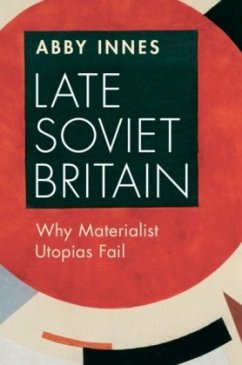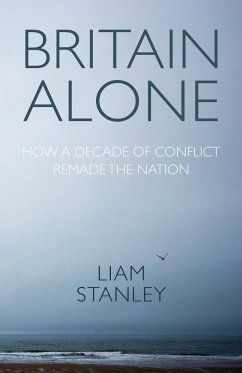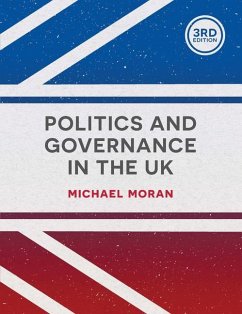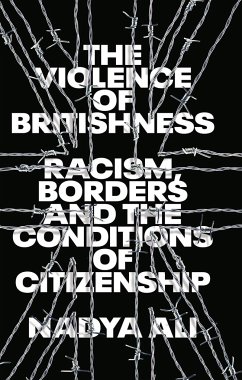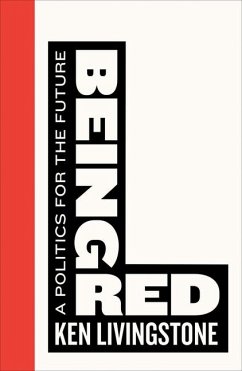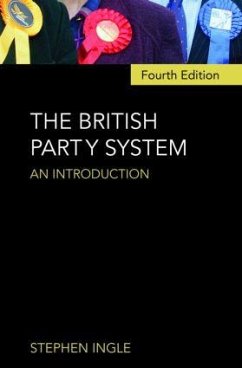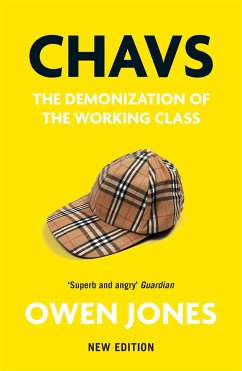
The Nations of Britain
Versandkostenfrei!
Versandfertig in 1-2 Wochen
57,99 €
inkl. MwSt.

PAYBACK Punkte
29 °P sammeln!
Is Britain one nation, or many? Is it a nation with more than a thousand years of history, or 'an invented nation', only as old as the 1707 union of England and Scotland? Is devolution in Scotland and Wales a step towards the eventual break-up of Britain? And today, what does it mean to be British?The Nations of Britain offers an up-to-date analysis of these questions, drawing on sociology, politics, history and cultural studies to give a thorough account of the national relationships that constitute modern Britain. The book is divided into sections focusing on Scotland, Wales and England, and...
Is Britain one nation, or many? Is it a nation with more than a thousand years of history, or 'an invented nation', only as old as the 1707 union of England and Scotland? Is devolution in Scotland and Wales a step towards the eventual break-up of Britain? And today, what does it mean to be British?
The Nations of Britain offers an up-to-date analysis of these questions, drawing on sociology, politics, history and cultural studies to give a thorough account of the national relationships that constitute modern Britain. The book is divided into sections focusing on Scotland, Wales and England, and also on the legacy of Empire, the British relationship with Ireland, Europe and the Commonwealth, and the future of the British union. In each of these sections, recurrent themes such as
cultural identity, multiculturalism, economy, politics and civil society are explored. The book examines different conceptions of England, Wales, Scotland and Britain, and argues that Britain will continue to accommodate national and cultural differences while itself remaining a nation. Constitutionally,
today's asymetrical devolution could lead to the break- up of Britain, but it is more likely to evolve into an asymmetrical federalism. This book will be a valuable resource for students and teachers of British politics, sociology and contemporary history, and for other readers interested in the future of Britain.
The Nations of Britain offers an up-to-date analysis of these questions, drawing on sociology, politics, history and cultural studies to give a thorough account of the national relationships that constitute modern Britain. The book is divided into sections focusing on Scotland, Wales and England, and also on the legacy of Empire, the British relationship with Ireland, Europe and the Commonwealth, and the future of the British union. In each of these sections, recurrent themes such as
cultural identity, multiculturalism, economy, politics and civil society are explored. The book examines different conceptions of England, Wales, Scotland and Britain, and argues that Britain will continue to accommodate national and cultural differences while itself remaining a nation. Constitutionally,
today's asymetrical devolution could lead to the break- up of Britain, but it is more likely to evolve into an asymmetrical federalism. This book will be a valuable resource for students and teachers of British politics, sociology and contemporary history, and for other readers interested in the future of Britain.



